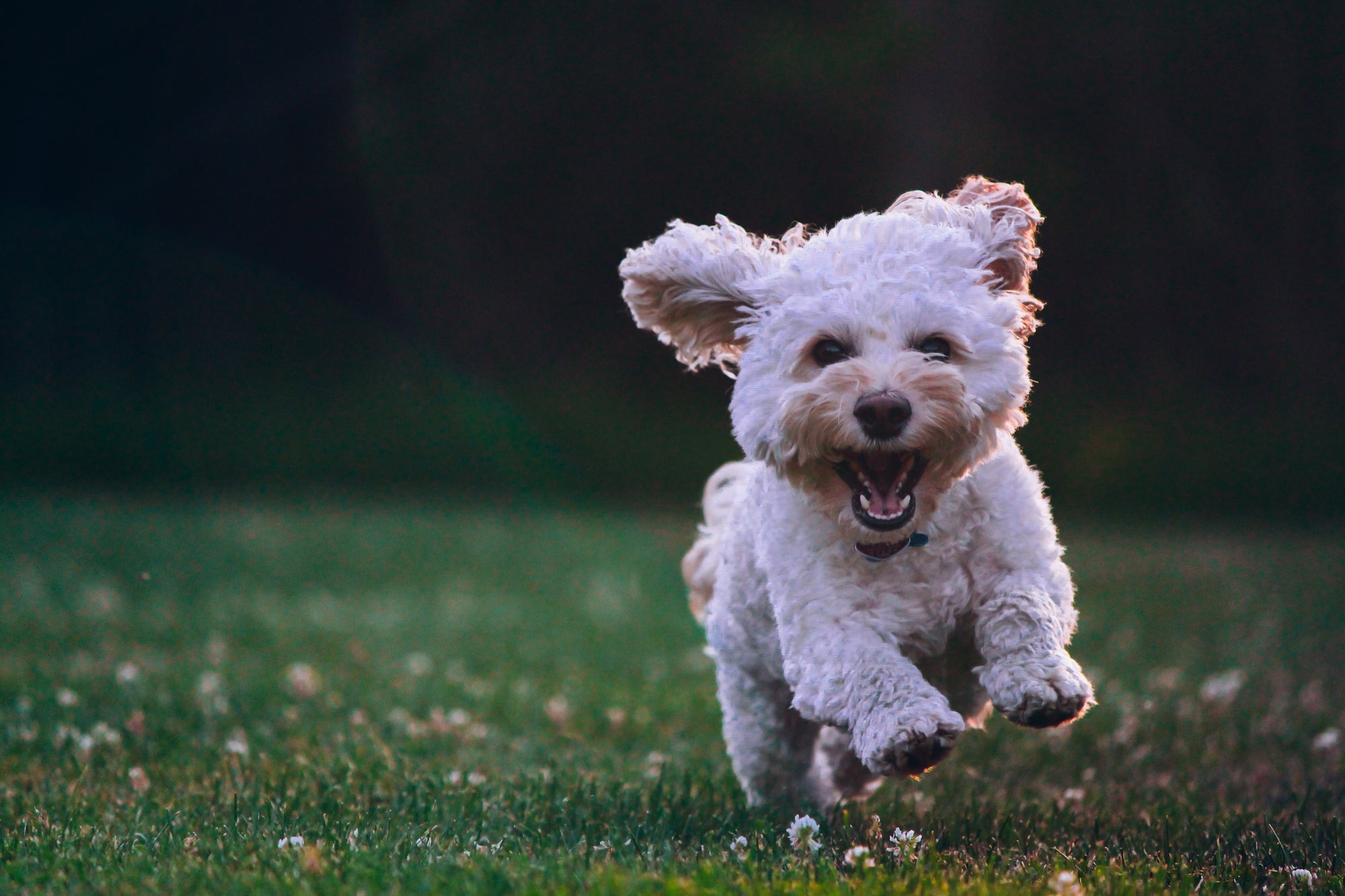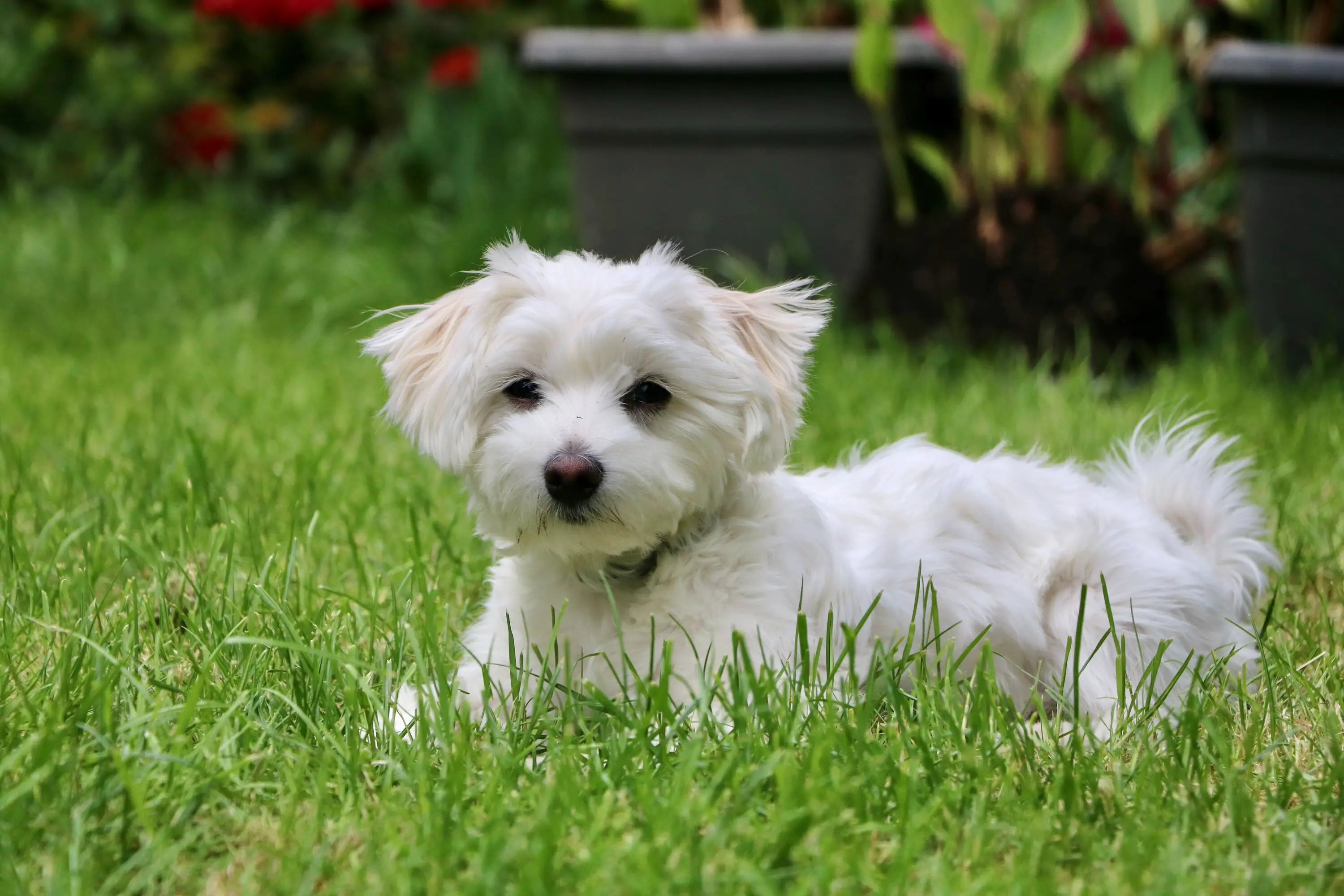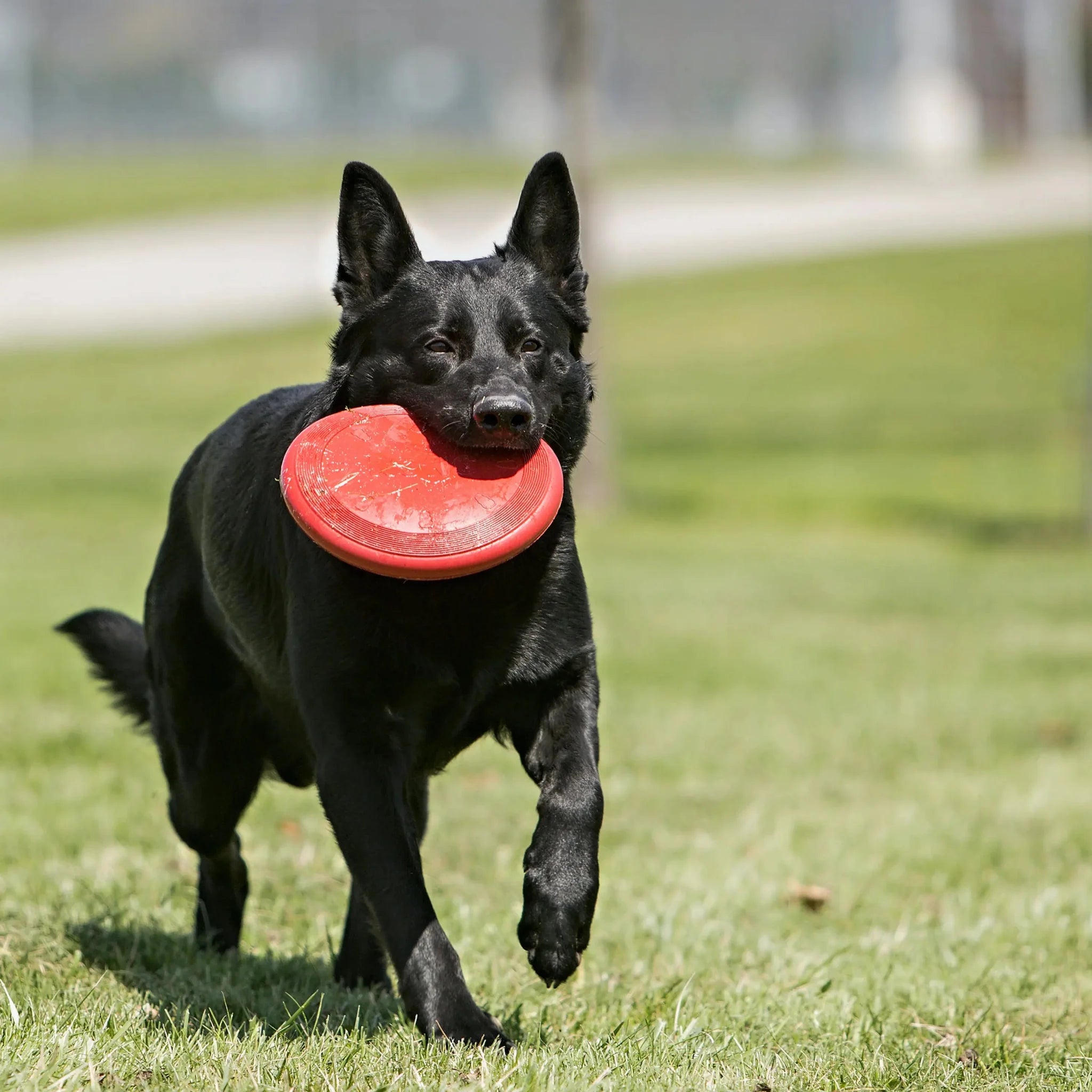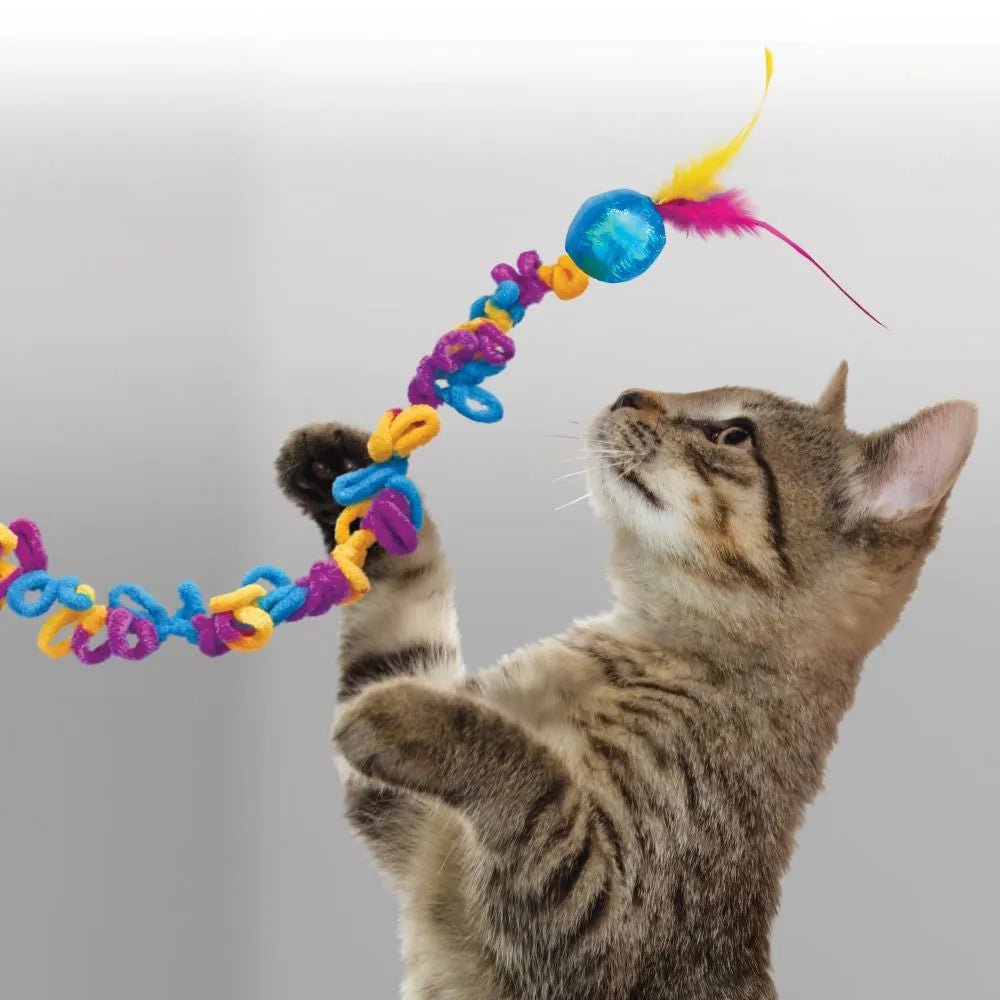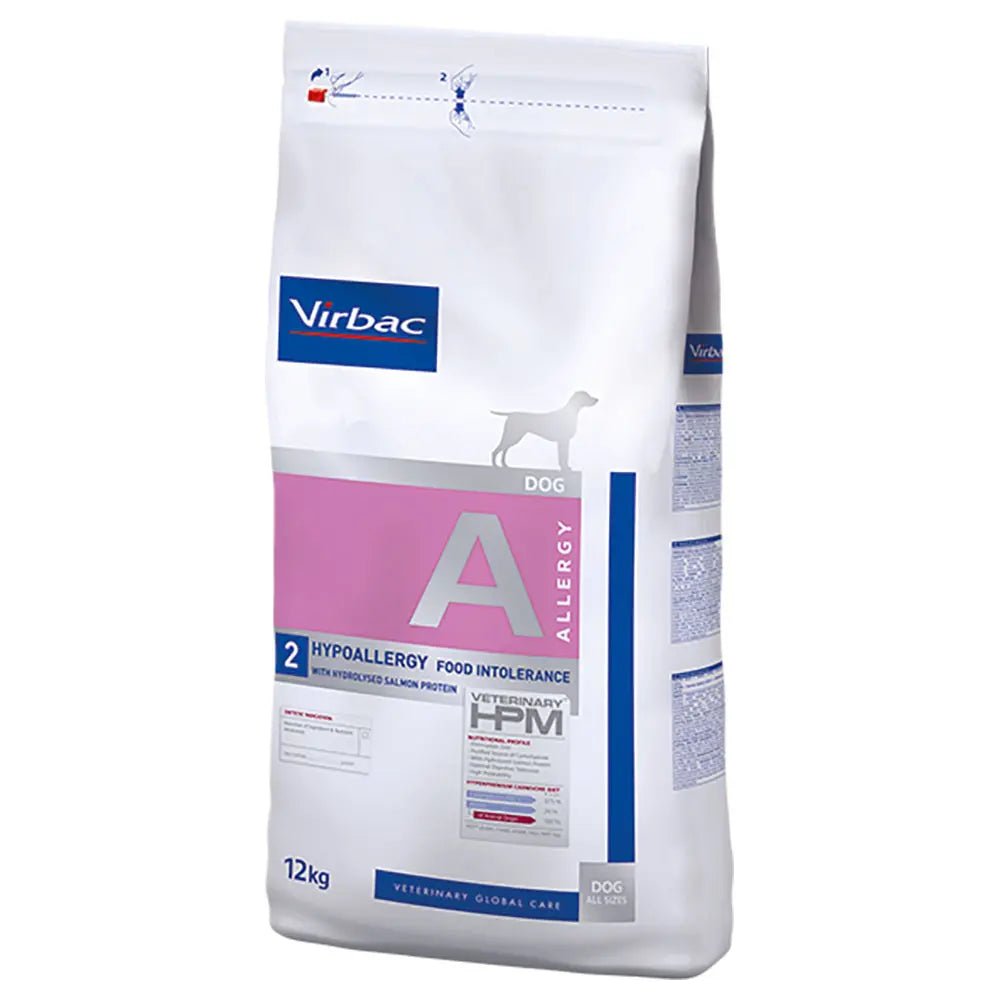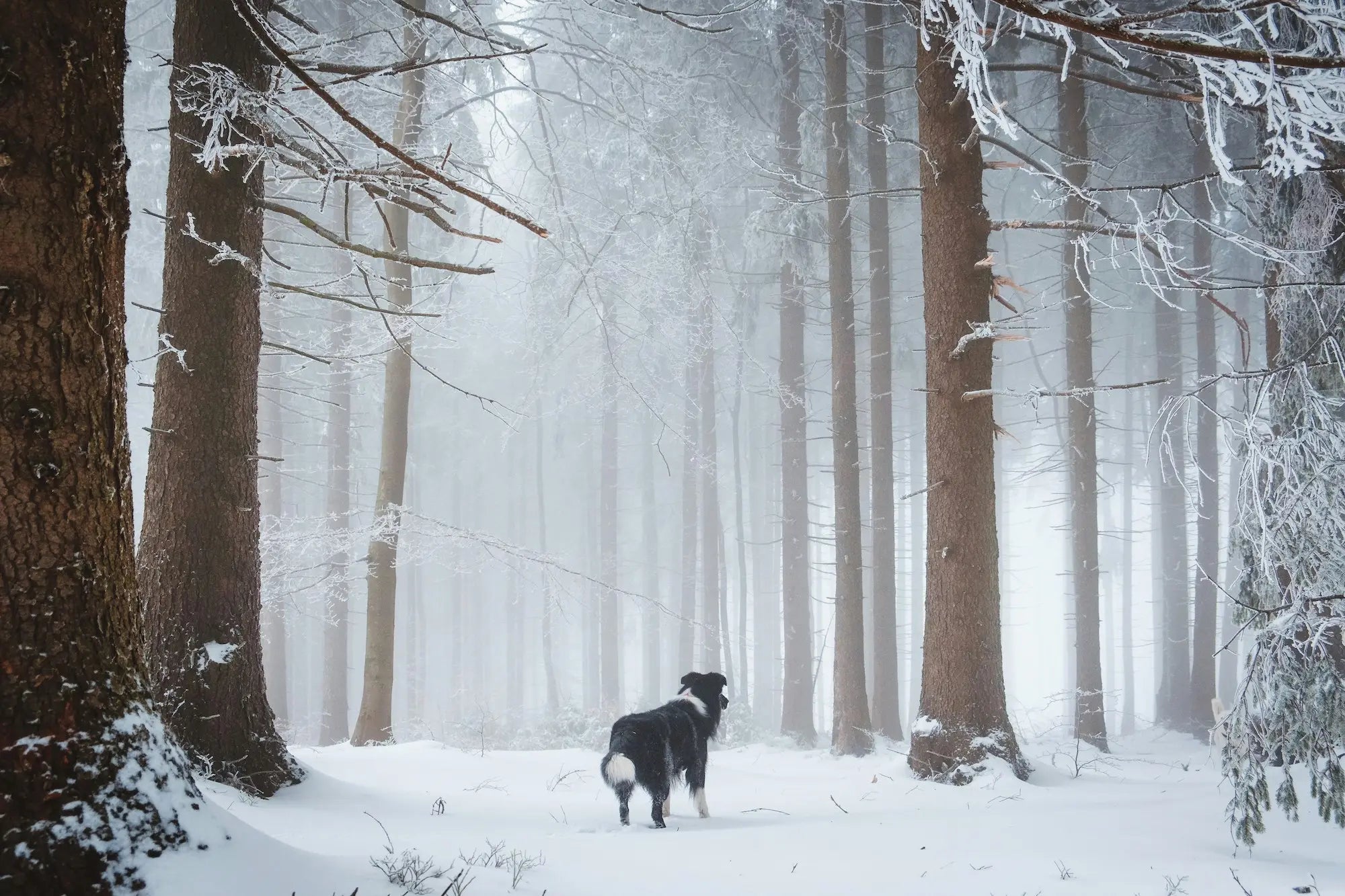The Maltese is a gentle and affectionate dog, kind to you and others. It is a small dog, which from the outside may seem like one that is best suited to living on the couch or in your bag, but this is misleading. The Maltese is a small Chinese crested, which is both protective and adaptable. The Maltese thrives in both active and less active lifestyles. Learn more about what you can expect from a Maltese below.
race facts

Family friendly

Activity level

Fur care

Training needs

Clearing

Size
Facts about the breed
A Maltese is a companion dog. Companion dogs are a group of dog breeds that thrive best in a relaxed lifestyle, often in the company of their family. The Shih Tzu and Bolognese are other companion dogs. Many of these dog breeds are also show dogs, including the Maltese. It is said to be the oldest of the miniature dogs, and although there is disagreement about where it originated, it has been immortalized in art from ancient times. Therefore, there is much to suggest that the breed was first bred in the areas around the Mediterranean.
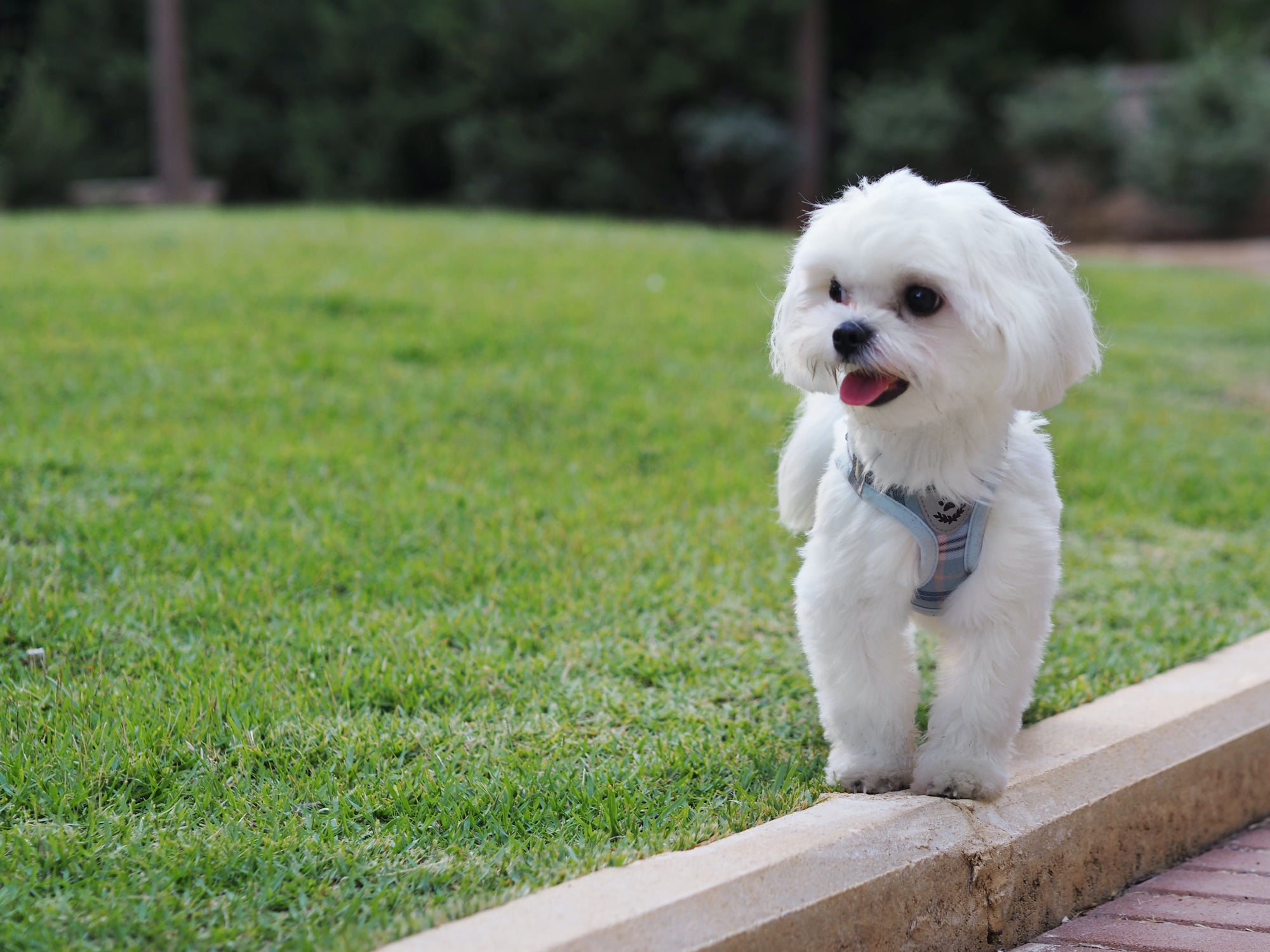
The Maltese is wise, lively, fearless
What can you expect as a Maltese owner?
Personality
Personality
The Maltese is intelligent, lively, fearless – and protective. It is a popular family dog for these reasons, as it shows care and affection towards you. It is a happy dog, who appreciates the company of other people. It loves people and shows this regularly.
Activity level
Activity level
Your Maltese adapts to the rhythm of your daily life. It thrives on an active everyday life, where it is frequently aired, but it can also settle down and relax at home. Similarly, it thrives on both short walks and long hikes.
Training
Training
The Maltese is easy to learn and train, but it is crucial that you socialize it as a puppy. It can quickly become spoiled and get used to a certain lifestyle. Therefore, you have to teach it boundaries, but it quickly learns this. The Maltese is an intelligent dog. No matter how well you train it, you still have to be prepared for it to often be skeptical of other animals. Therefore, it may bark if it perceives the situation as threatening, but it is never aggressive.
The dog is also excellent for various types of dog sports, such as activities based on obedience.
Health
Health
Weight and size
Male dogs are between 21 and 25 cm tall, while females are 20 to 23 cm tall. Maltese weigh between 3 and 4 kg.
Lifespan
The life expectancy of a Maltese is 12 to 15 years.
Hereditary diseases
Maltese are generally healthy dogs. Of course, diseases can occur and below you will find an overview of the most common problems in a Maltese:
- Kneecap dislocation (defect in the knee joint).
- Deafness.
- Dental health issues. It is important to brush your Maltese's teeth because they develop tartar easily.
- A Maltese often has watery eyes. This can be due to medial entropion, which means that the eyelids turn inward. Hair will therefore settle on the cornea itself. It feels like having debris in the eye, which can be bothersome for the dog. Over time, such hairs can cause damage to the cornea itself.
Fur
Fur
The coat of a Maltese varies depending on whether it is a family and companion dog or a show dog. In general, it is silky and smooth, but the length varies. A long-haired Maltese, which is most often seen in show dogs, looks very different compared to a short-haired Maltese. Both varieties require coat care and maintenance, but long-haired Maltese in particular require thorough grooming. If the coat is not brushed regularly, the coat will become tangled and matted. Remember to use a good shampoo and conditioner when washing your dog.
Psst! Did you know that this is a very hypoallergenic dog? It doesn't shed.
Food and nutrition
Food and nutrition
It is important to balance the diet of your Maltese. You must also consider which dog food is best suited to your Maltese based on their activity level and lifestyle. Precisely because a Maltese can be both an active family dog and a show dog, the diet should reflect this. If you are unsure about which dog food your Maltese should have, you can contact your veterinarian. A-Vet has a small animal clinic in Larvik that is happy to answer your questions.
